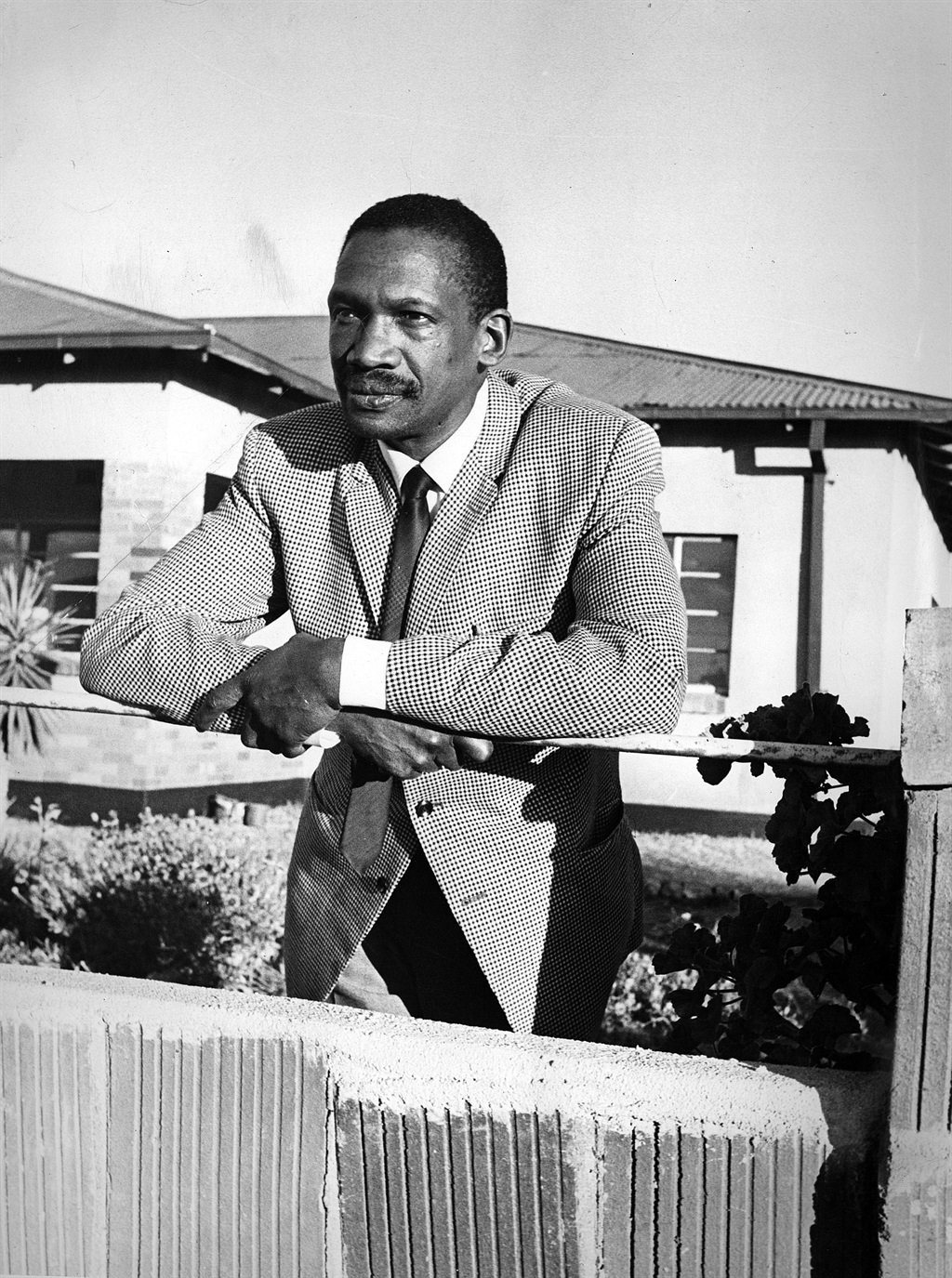
“There is a quest for the negro, the negro is in demand, one cannot get along without him, he is needed, but only if he is made palatable in a certain way.”
For a human being to be locked in a prison inside a prison that person needs to have seriously transgressed. One quickly thinks rape, murder, or even cannibalism. This was not the case when Robert Mangaliso Sobukwe was subjected to solitary confinement in Robben Island. He was arrested for fighting against a system that refused to recognise black people as human beings in their country of birth. The arrest of Sobukwe follows the Sharpeville massacre which took place on March 21 1960 when the apartheid government brutally murdered 69 black people.
This mass slaughter was a testament of how the white government saw blacks as nothing but fungible bodies that could be shot and disposed of at whim. It was this kind of injustice that Mangaliso Sobukwe dedicated his entire life to fighting.
Robert Sobukwe was no ordinary black person. He was subversive in a manner that the apartheid authorities had never seen before. He scared the oppressor, not because he had nappy hair or an unkempt beard but because he could speak to the hearts of the people. Not through rhetoric and empty promises like the present day politicians who take advantage of the spiritual and economic bankruptcy of the people. But he could speak to them because he was one with them, shared their struggles and sought solutions from them. He inspired confidence and bravery among black people who were constantly terrorised by an apartheid system. He became such a threat to the status quo that at the end of his sentence parliament enacted a law which became known as the “Sobukwe Clause”. This clause empowered the minister of justice to prolong the detention of any political prisoner. Sobukwe was returned to Robben Island where he was detained for another six years.
Today there is no existing archive that gives a detailed account of Sobukwe’s body of work except for a collection of a few speeches and biographical accounts by those who were close to him.
This is not because Sobukwe had not written or was not working on ideas. He was a man of ideas and intellect so much that he became known as prof even before he obtained a doctorate. He was also part of a tradition of Pan-Africanist intellectuals such as Kwame Nkrumah and Julius Nyerere.
The missing archive is not because he was not popular and influential enough in South African politics. During the 60s the PAC, which was led by him, became the most dangerous (to the apartheid government) social formation in the country.
This was why they were able to mobilise thousands of people to a protest on the day now celebrated as human rights day.
There are various speculations around the disappearance of Sobukwe’s archive. Some claim that the apartheid government deliberately ensured that no traces of his ideas survive because of the potentiality they possessed, the potentiality to spark the worst nightmare for the government of the time. The liberation of all black people in South Africa and Africa.
Under these conditions we have no choice but to create a hypothetical Sobukwe. We ought to recreate a Sobukwe using our imaginations to ensure that his ideas do not die and they remain relevant to our present struggles.
We have a responsibility to ensure that his name and what he stood for endures in our collective memory. Through Sobukwe we are invited to take seriously the responsibility of documenting our experiences. His life reminds us of the importance of fiction, theory and praxis in order to reinvent the past and allow it to feed our future.
There might be a dearth of stories about Sobukwe but it is this very dearth that becomes a powerful lesson to us.
The pages of history must never be left blank. If we do those who seek to oppress us will fill them with distortions. The erasure of Sobukwe is part of a history of the erasure of radical black voices and narrative.
It is therefore important for us to re-write ourselves into history and at the same time record our present struggles.
• Mookameli Moeketsi is a BSc honours student at the Univerity of the Witwatersrand and is an aspiring writer




 Publications
Publications
 Partners
Partners








